LOST THE PLOT:
Why are people waiting over a decade for allotments?
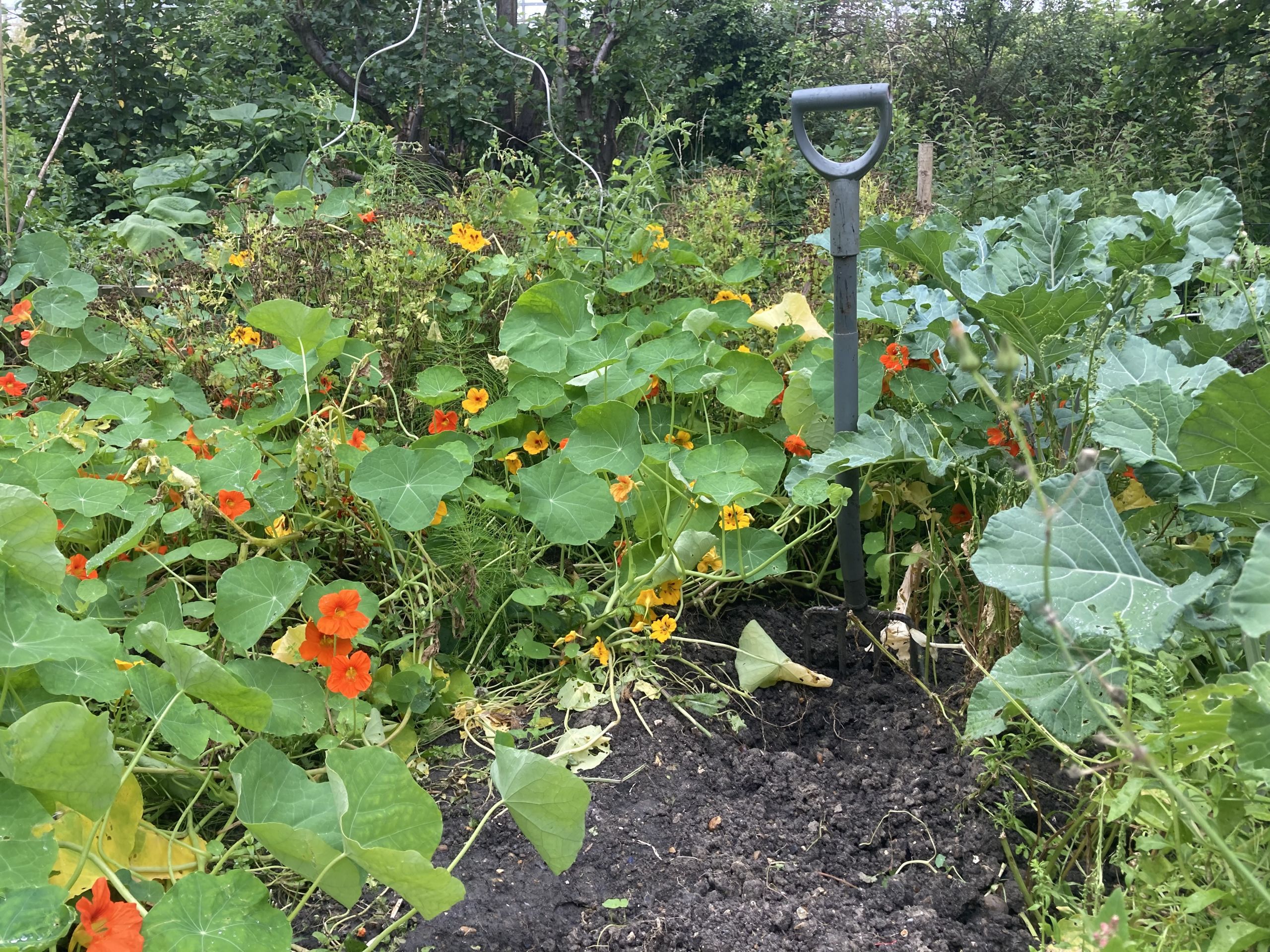
The demand for allotments has reached a record high, with some people waiting up to 17 years for a plot, and waiting lists longer than ever before.
The small parcels of land, which are rented to people for the purpose of growing crops, have been around since at least the 1600s, and played a key role in feeding Brits during major wars.
In World War Two, the government launched the ‘Dig for Victory’ campaign to encourage Brits to pick up a shovel and grow their own fruit and vegetables at a time when rations were scarce.
Patches of land, from parks to public lawns were converted into allotment sites.
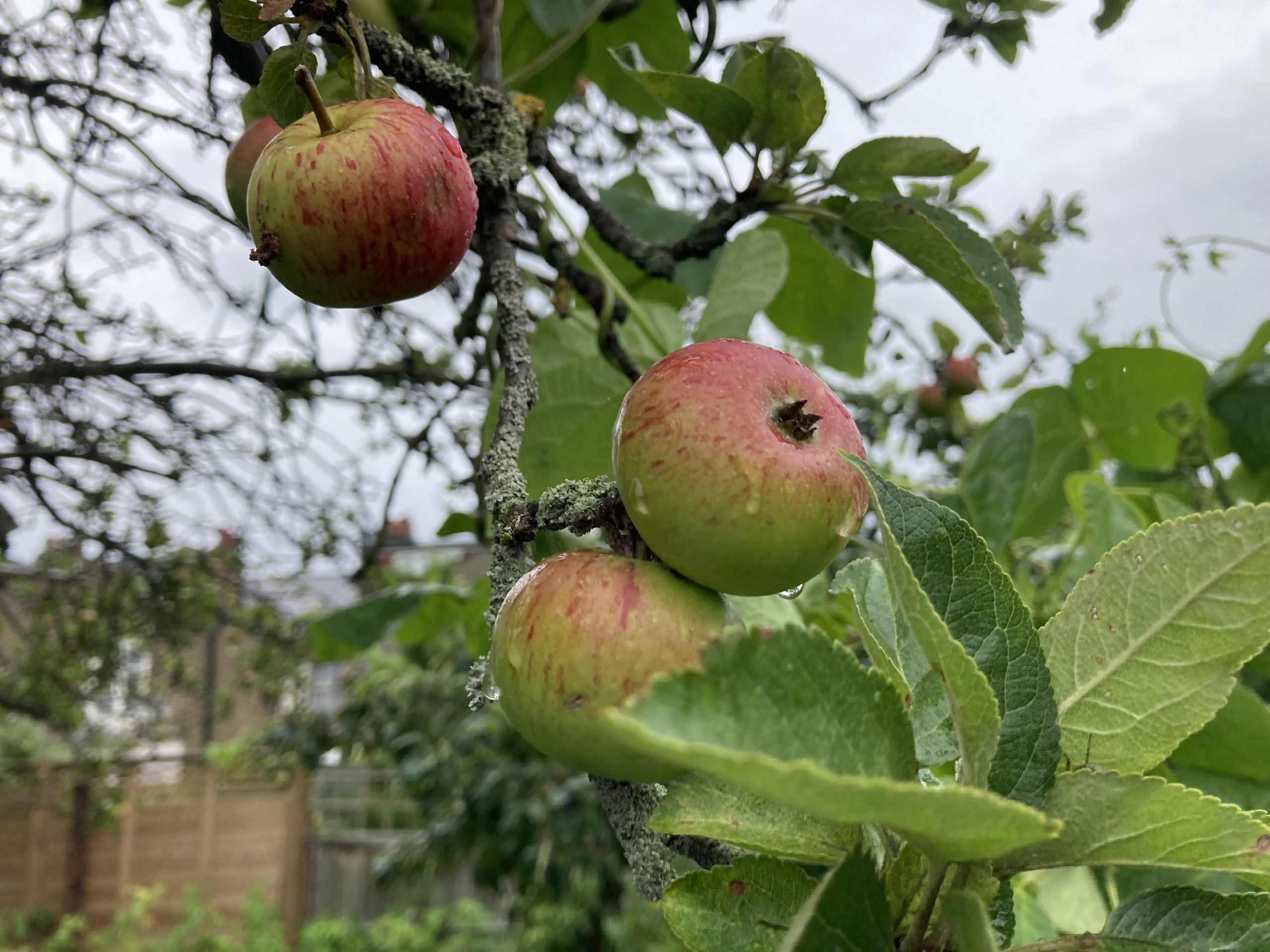
And while interest has been steadily growing in recent years, the pandemic has fuelled an even greater desire.
“The demand for allotments even before the pandemic was rocketing. During the pandemic it has skyrocketed," said The National Allotment Society's Regional Representative for London, Terry Dickinson.
Dickinson, who is also a member of Chadwell Heath Small Holdings Society Ltd allotment in East London’s Redbridge added:
"In certain parts of the country, demand for allotments has gone up by 500%. In Inner London, there is great concentration, great demand. Sometimes when you reach the outer edges, there might be an easing off.
"The waiting list on my allotment has quadrupled in the last year. There is vast pent up demand."
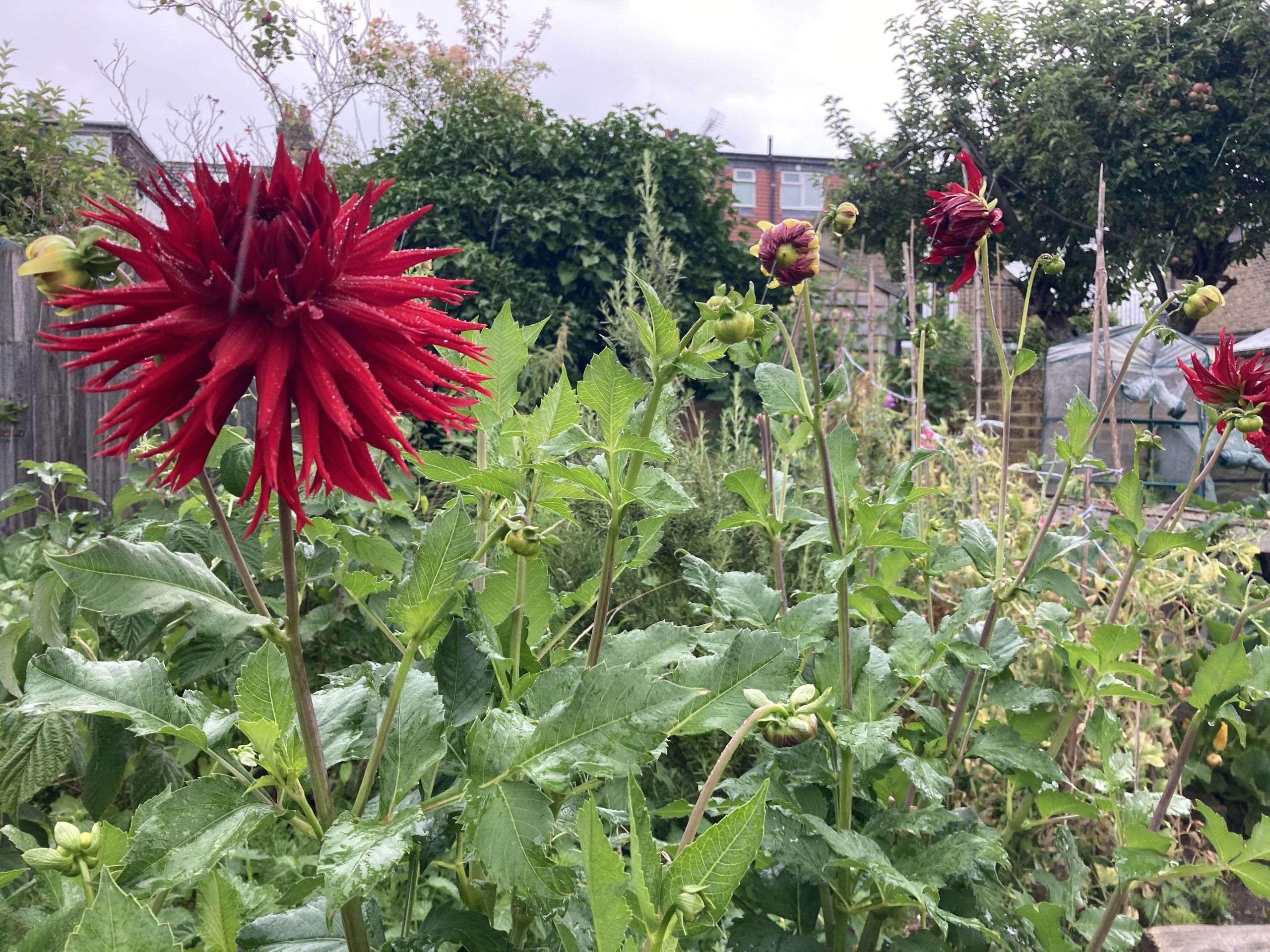
Freedom of Information Requests made to all UK county councils by Garden Sheds Manufacturers, Powersheds, in October 2019, found the top ten most in-demand allotments were all in London, though people in Cumbria face the longest wait times.
Richmond's Bushy Park was found to have the longest waiting list in London, with 637 people waiting for 393 plots - this number has since risen to 863 people, as of December 2020.
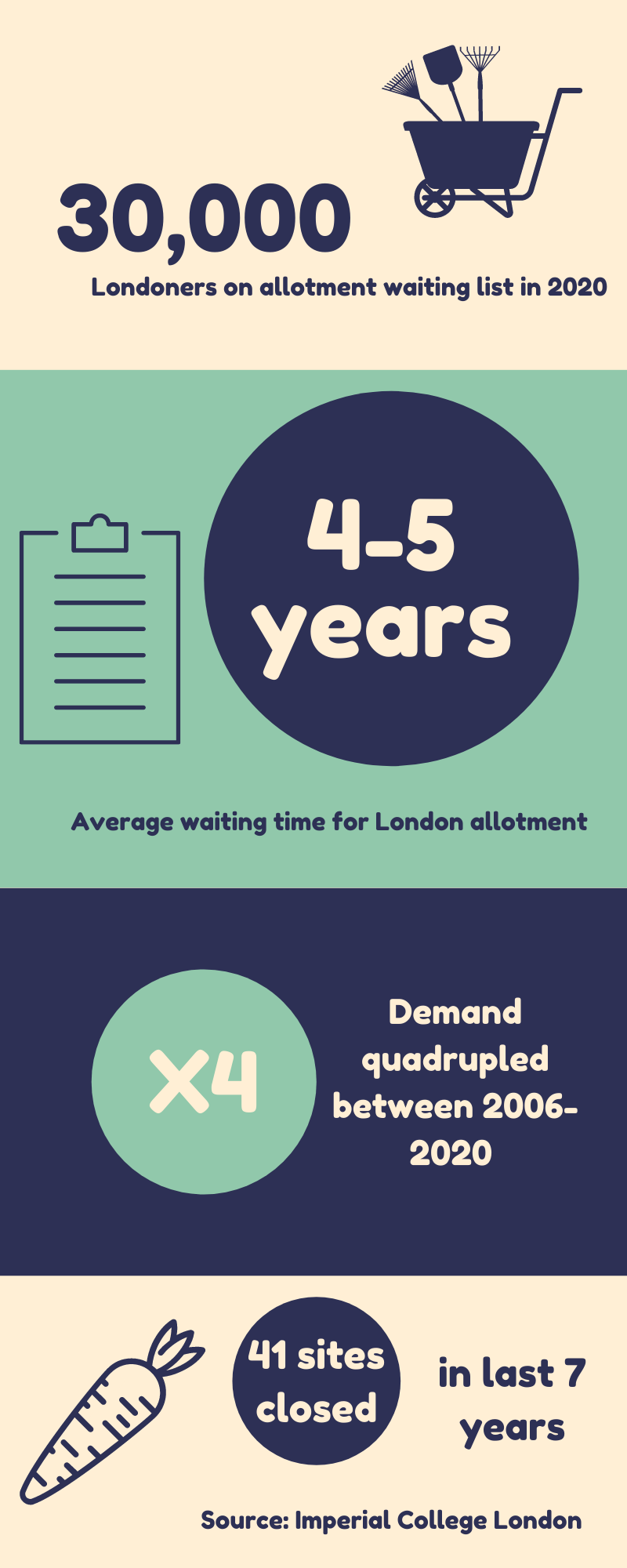
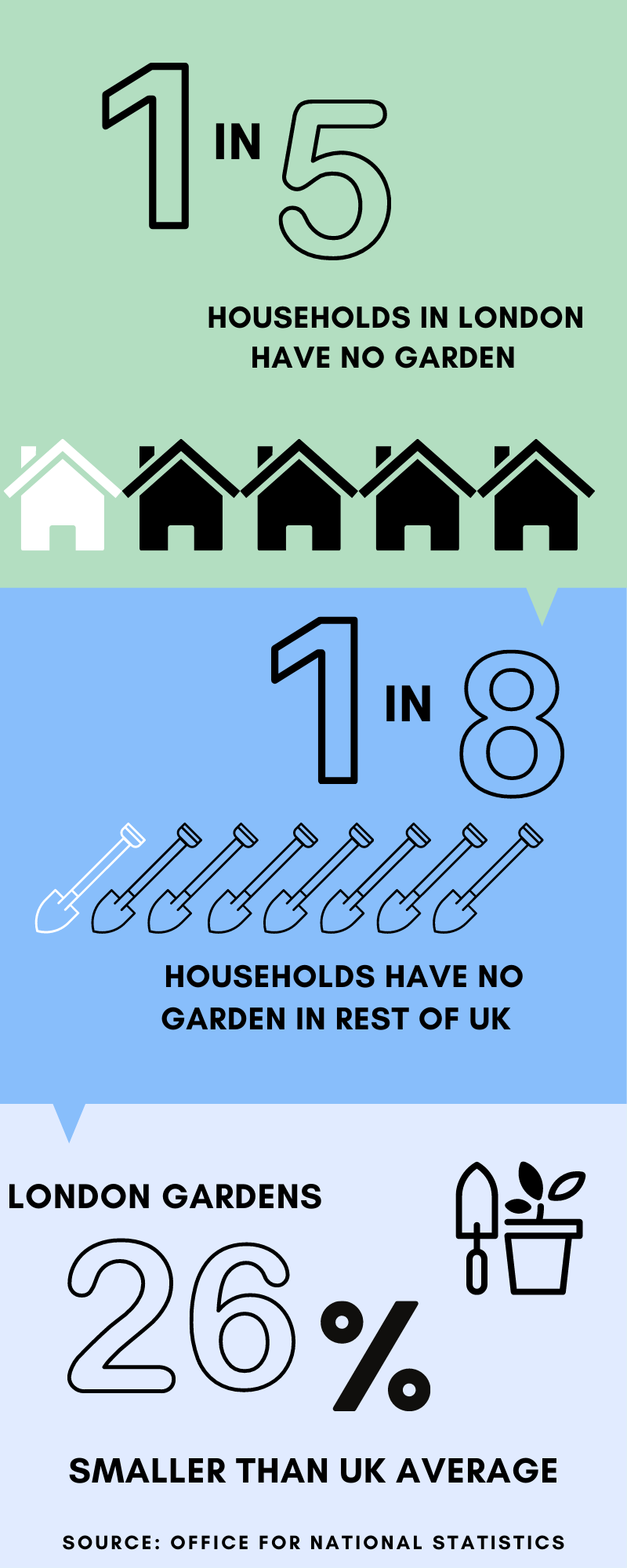
Although estimates of waiting list numbers for allotments significantly vary, an Imperial College London study concluded over 30,000 people were waiting for allotments in London, for an average of between four and five years in November 2020.
And it seems more and more Brits are yearning to land a patch by the year, with Imperial College Researchers finding demand to have quadrupled between 2006 and 2020, the number of available sites is dwindling, with 41 sites having closed in London over the past seven years.
Official data shows Londoners are least likely to have a garden than residents in any other UK region.
Perhaps then, it comes as no surprise that waiting lists in London are the highest across the UK.
As according to the Office for National Statistics, 21% of London households lacked access to a garden, compared to the national average of 12%, as of April 2020.
But Londoners lucky enough to get their hands on a garden, might be disappointed to find out their gardens are on average 26% smaller than the national average.
And Dickinson believes the lockdown rules, which allowed allotment members to visit their plots when most communal activities were cancelled, has played a big role in the recent surge in demand.
“We were very privileged, you were allowed to go to your allotment, you weren’t near anybody, you were in the fresh air. That was a lifeline for so many people and families. People began to spot that. It was so good for people’s physical and mental health.
"They could get out in the open, they could do some work and they could meet other people.”
While the Small Holdings and Allotments Act 1908 made it a legal requirement for councils to provide sufficient allotments according to demand at the start of the 20th century, many councils suspended allotment waiting lists altogether last year, while struggling to cope with such high demand.
But Dickson said this goes against The National Allotment Society's suggested guidelines:
“Our view is when you close a waiting list, you are then hiding the true demand. They should be left open to show the true number.”
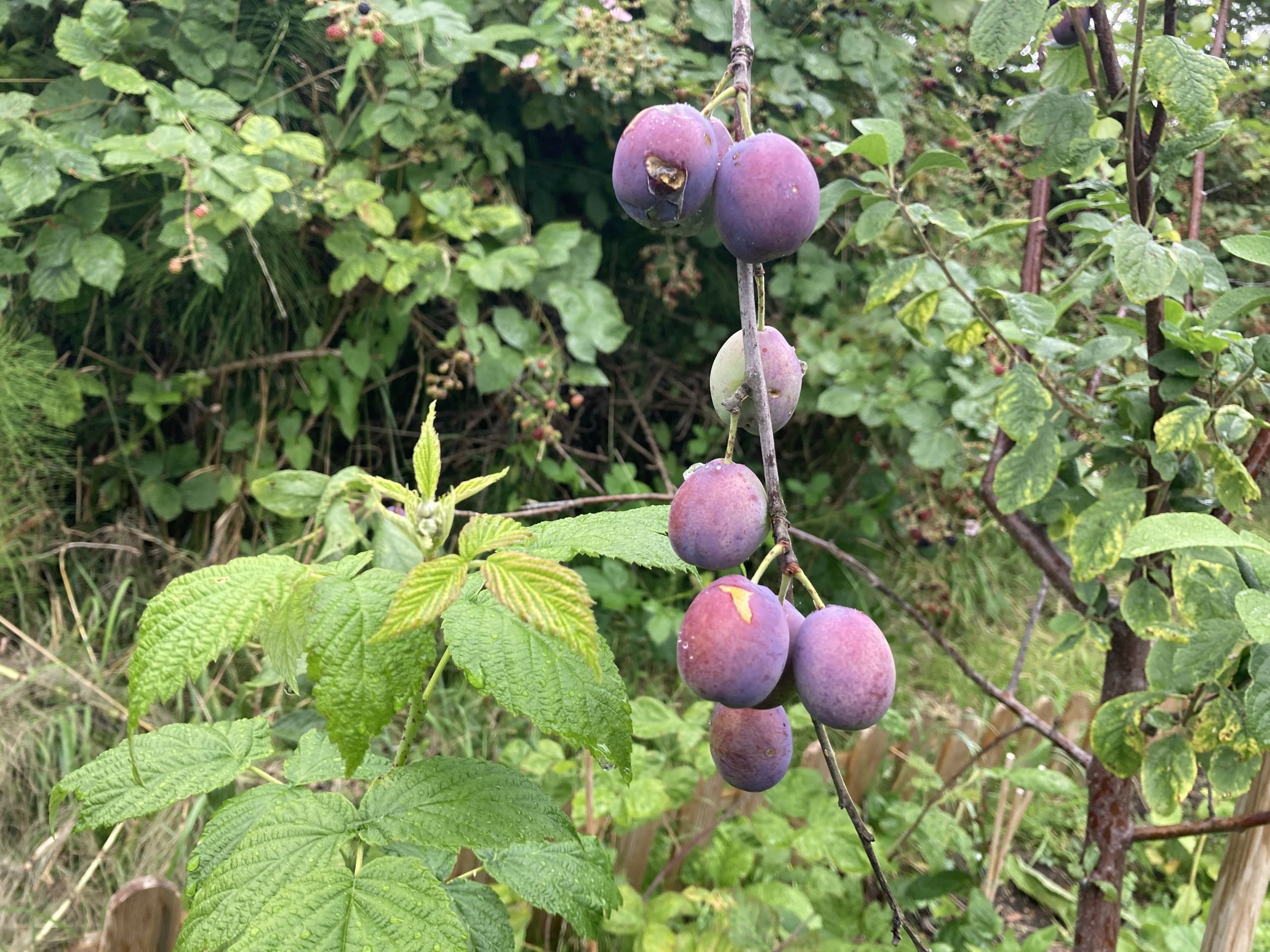
“It’s the gift that keeps on giving, it’s rewarding on so many levels. Mentally it’s wonderful because it’s so peaceful, you get totally lost in the plants and the weeding and everything you need to do" - Ziggi Ward, 60, London
North Londoner Ziggi Ward waited for a staggering 17 years before she was offered to rent a plot at her local council-owned Evershot Road Allotments in Crouch End in April this year.
Ziggi, 60, said signing up for an allotment waiting list was one of the first things she did when she moved to Crouch End, in the Islington North borough, and despite the long-wait, she was thrilled to get one in the end.
Watch below to find out about what Ziggi loves about her new allotment.
“During the first lockdown, I did everything I was told. I think it probably did have a detrimental effect on my mental health. It would have been nice to be outside, growing tomatoes, than being trapped in a flat" - Kate, 51, Oxfordshire
While demand for allotments is heightened in the capital, where access to green space is more limited, the problem is not confined to London.
Residents up and down the UK are also facing long waits for allotments, including 51-year-old Oxford University admin assistant, Kate, from Thame in Oxfordshire, who has been waiting for over a decade.
“When I bought my flat, I found it near impossible to find any allotments because there has been a lot of housing development work all over the town. One of the first things I did when I moved in, was I signed up to be on the allotment register, ten years ago now.
“Even though I’m in a rural area, known as a farming market town, there are no available allotments for people. I’d expect to have a small garden. There’s no garden.
“We’ve got communal gardens but we can’t do anything in it. I can’t even put up a washing line, it’s really frustrating. I can sit outside, but there’s nothing we can do with it. It’s like it’s there to look pretty rather than be functioning.
“I’ve had to work from home, which has been a total nightmare. I’m spending 8-10 hours a day, during daylight hours, inside and that’s really unhealthy. It was awful.
"I was brought up in a village, I’ve always been in a rural area except when I lived in a city for work. I like to grow my own fresh vegetables, mainly salad stuff and herbs."
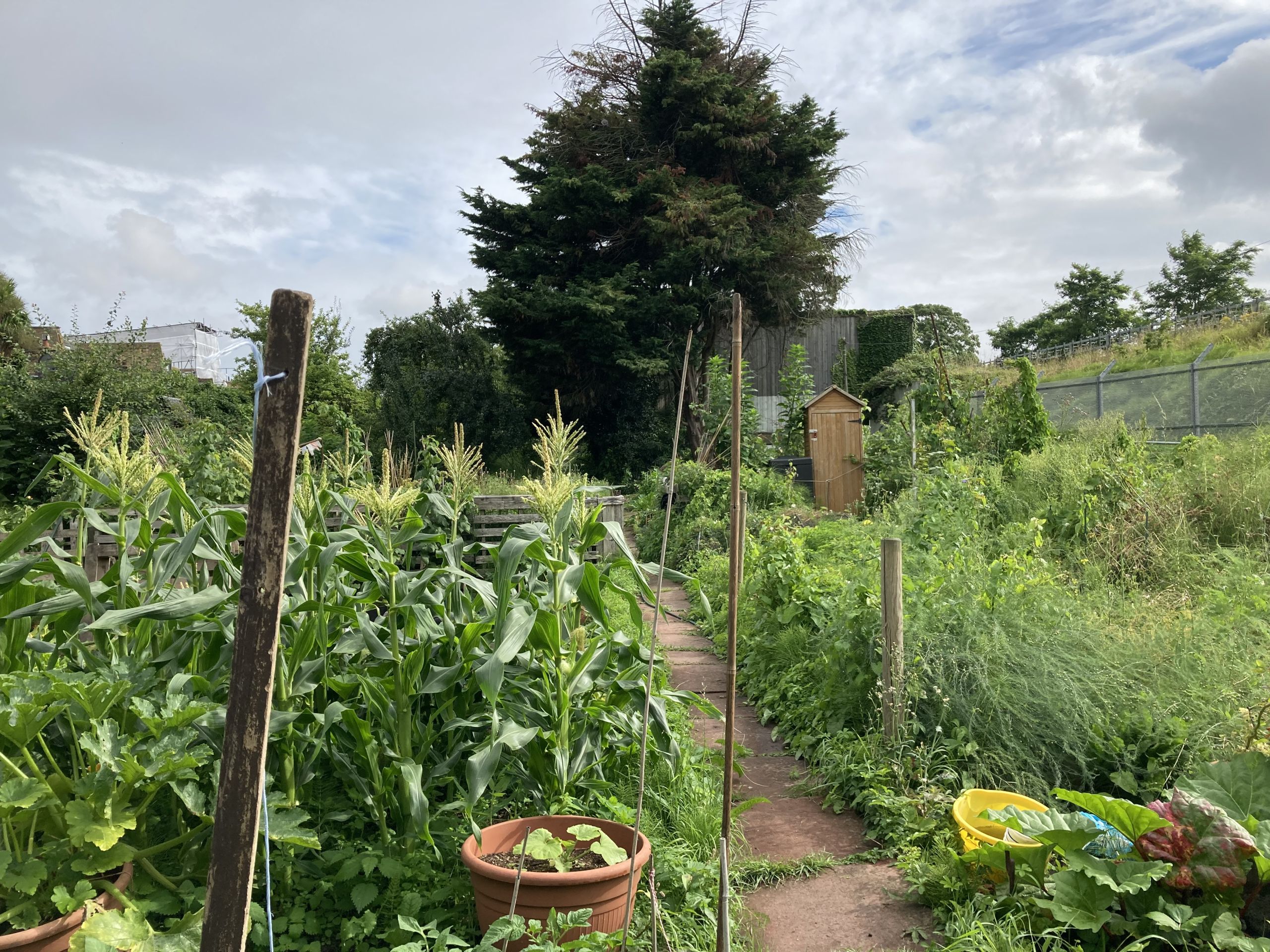
Welcome to Granville Road allotments

"I try and grow as much as possible. We have potatoes, beans, courgettes, tomatoes, kale, lots of currants and strawberries. At least once a day we have fruits and vegetables from the allotment" - Sarah Donlan, 55, London.
Tucked away between a railway line, terraced houses and a rifle range, lies Granville Road allotments, where 55-year-old artist and Southfields resident Sarah Donlan comes to escape the hustle and bustle of city life.
Mother-of-three and keen gardener, Sarah, began renting the privately owned allotment site 12 years ago, upon a friend's recommendation.
Sarah tries to visit every day in Summer for an hour or more, and likes to bring her art materials along in case inspiration strikes.
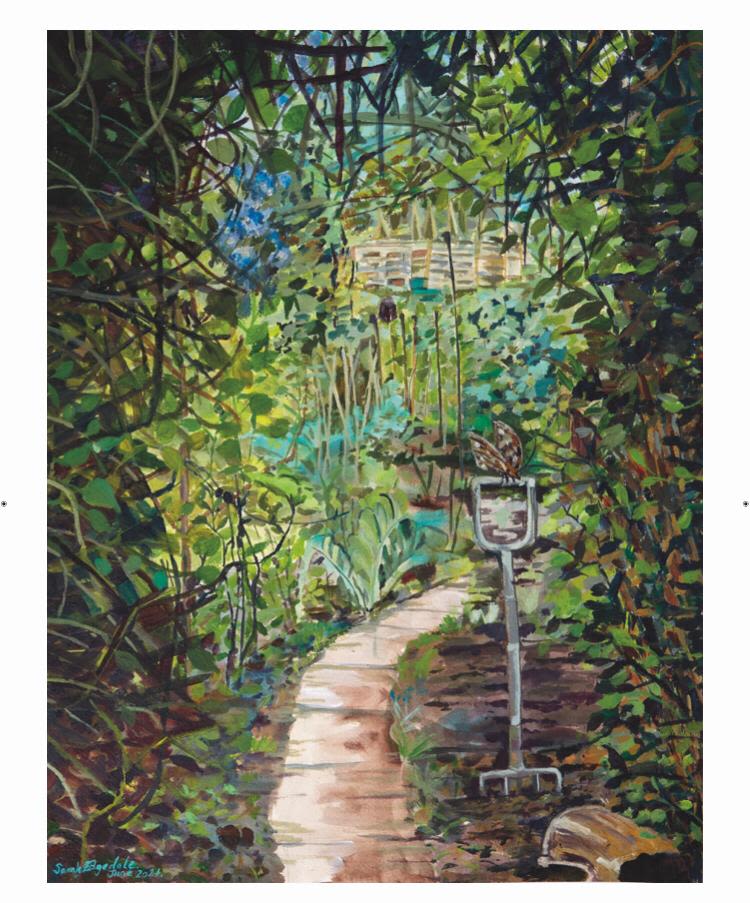
Secret Garden: Sarah paints and sometimes gives art lessons at Southfields Allotments
Secret Garden: Sarah paints and sometimes gives art lessons at Southfields Allotments
Watch the video below to hear how life changing having an allotment has been for Sarah.
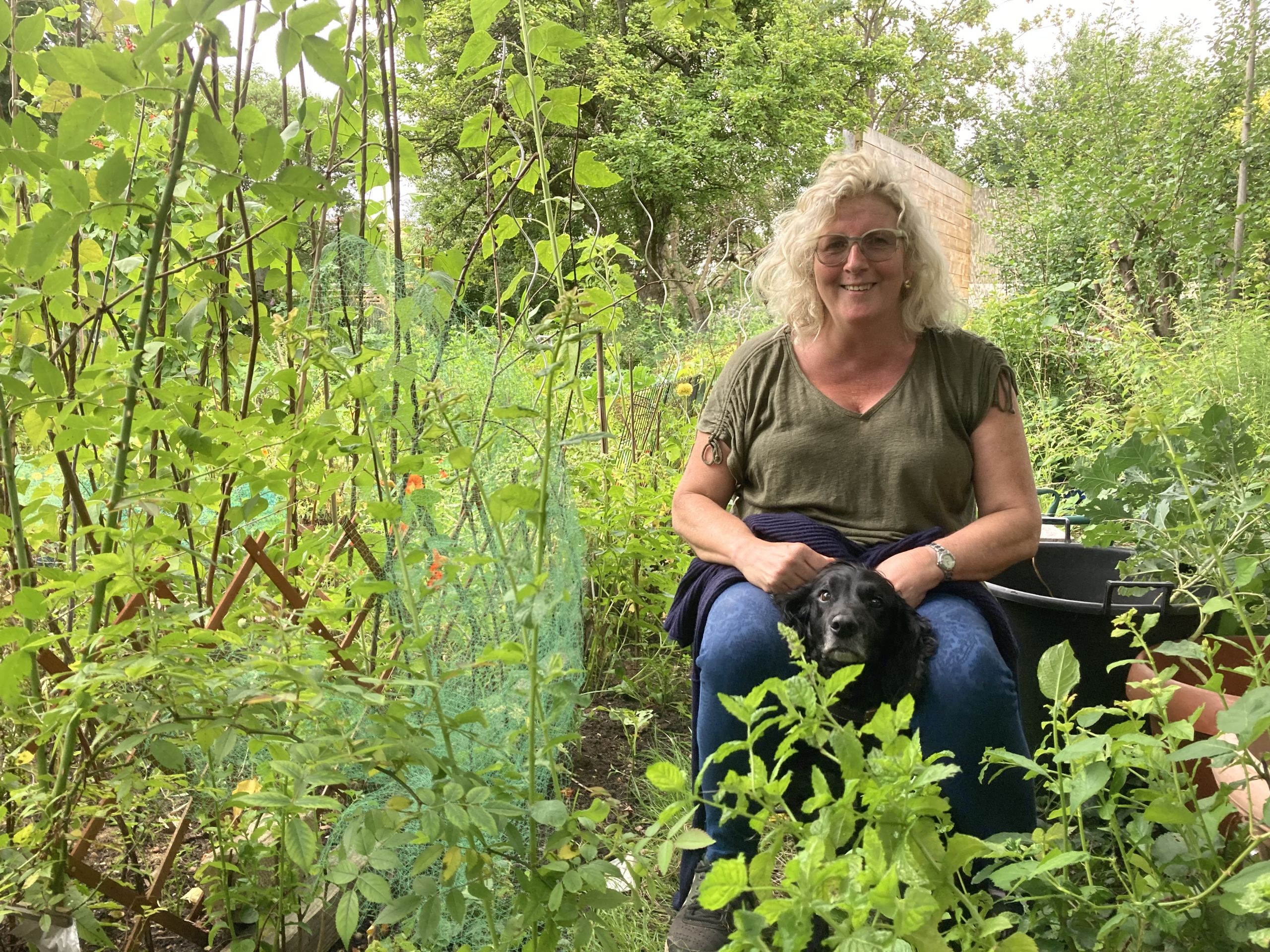
Two years ago, Sarah's 20-year-old son Oliver (pictured right) was diagnosed with a teenage bone cancer, Osteosarcoma, in his leg.
While Oliver underwent treatment at University College London Hospital, Sarah used produce grown on the allotment to make wild garlic and potato soup and honey, which both contain immune-boosting health properties.
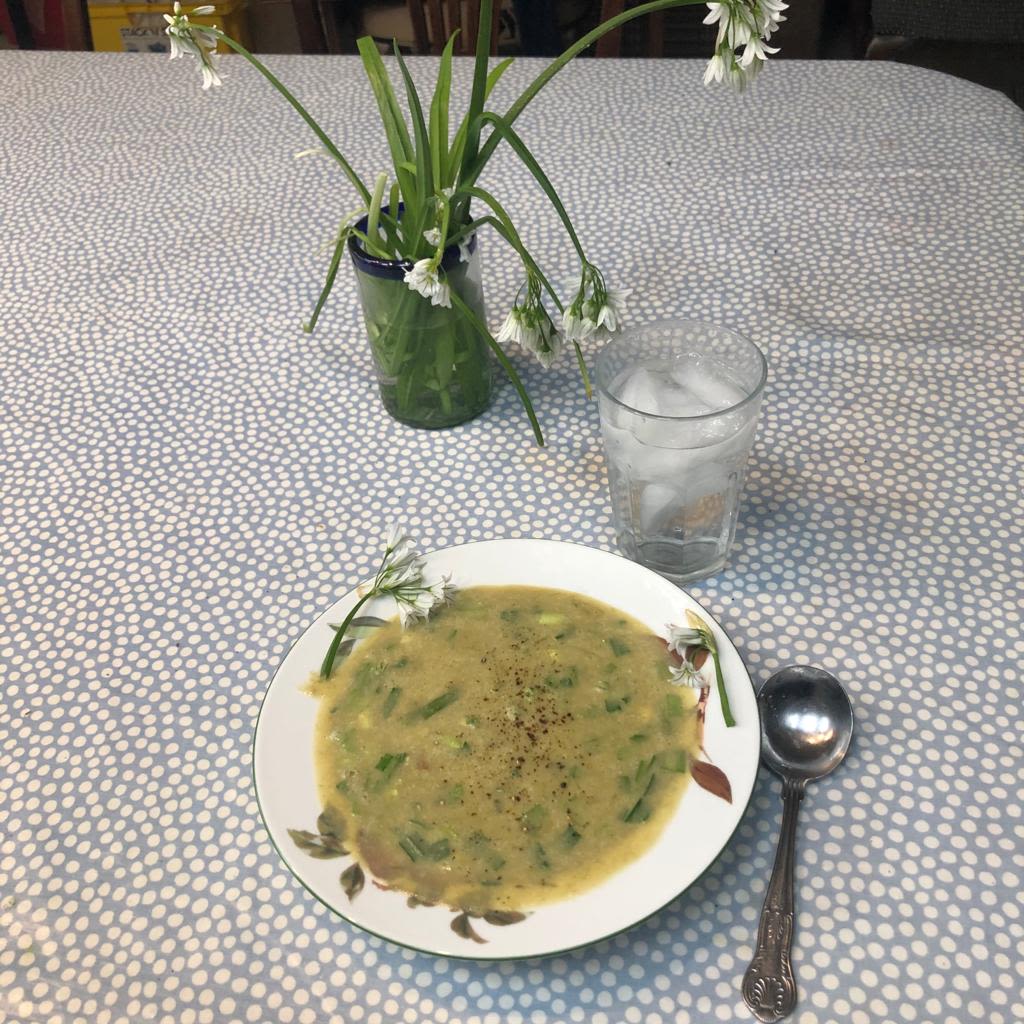
Homemade: wild garlic and potato soup, which Sarah grew on the allotment to help Oliver during his cancer treatment.
Homemade: wild garlic and potato soup, which Sarah grew on the allotment to help Oliver during his cancer treatment.
Sarah was able to raise just under £3,000 for Teenage Cancer Trust during Oliver's treatment, by selling produce grown on the allotment, including home-made apple juice.
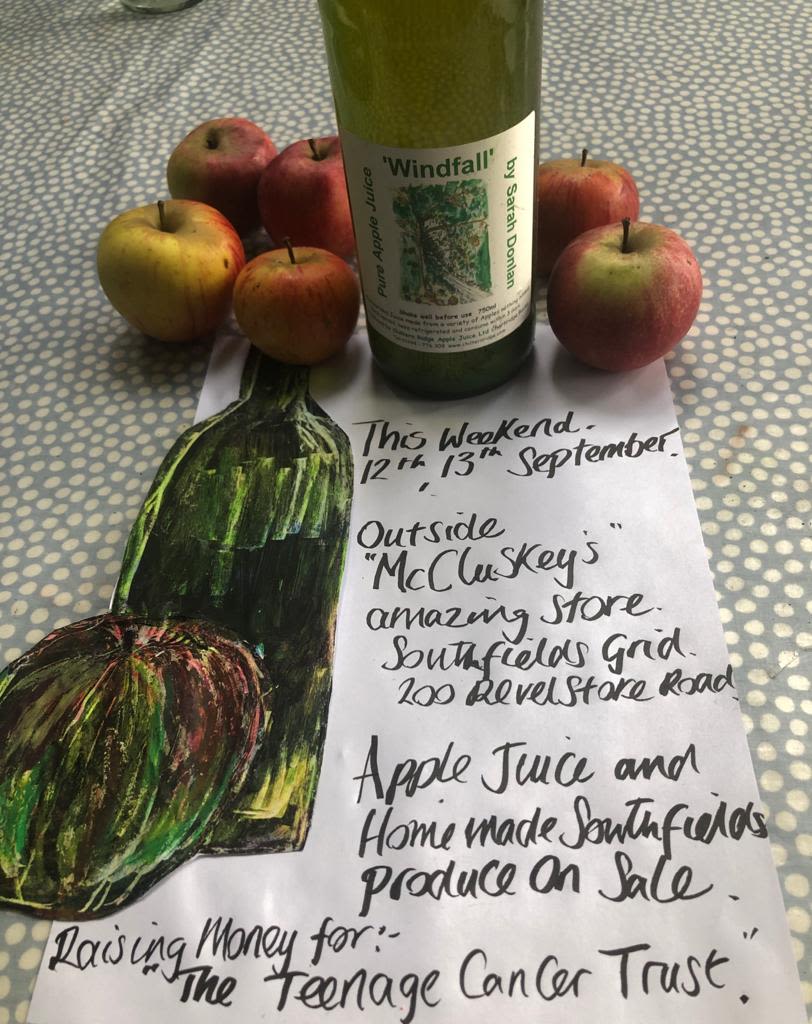
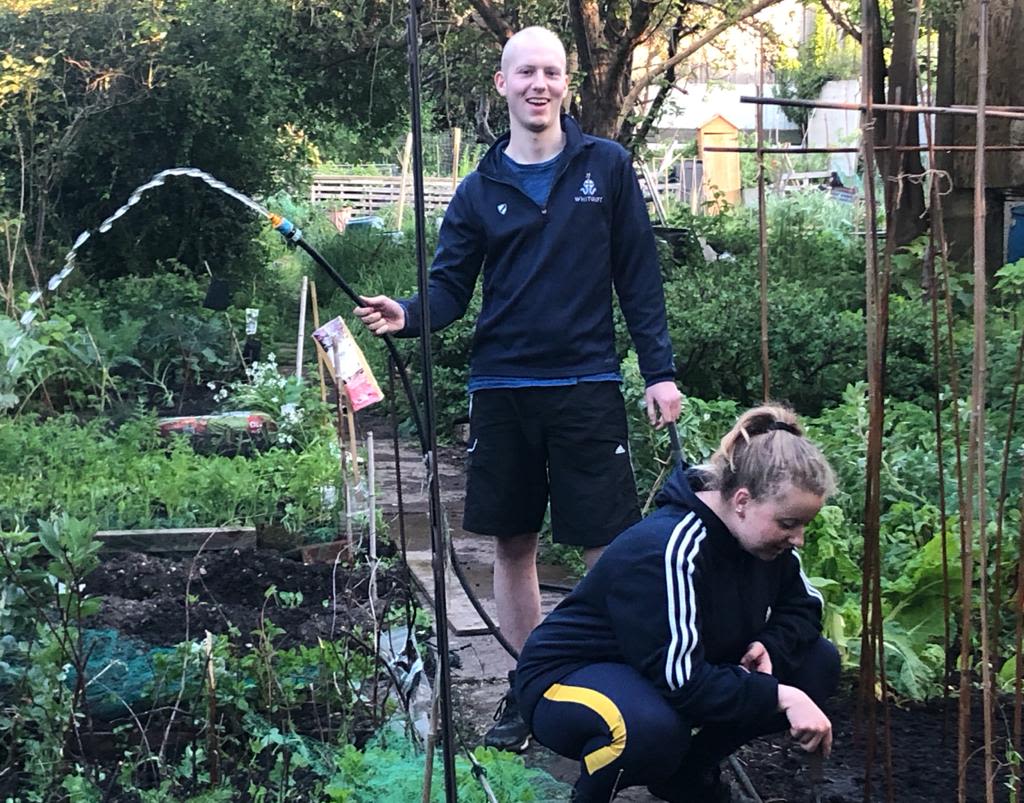
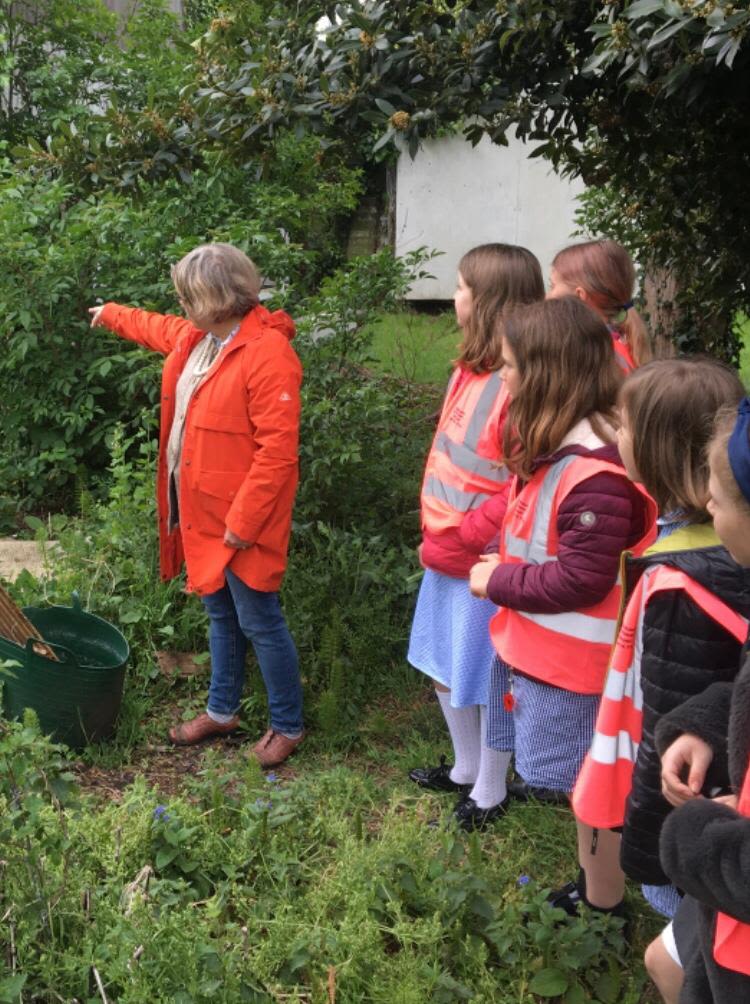
Pupils from St.Michael's Primary School, where Sarah's children attended, come to the allotment to learn about nature.
Pupils from St.Michael's Primary School, where Sarah's children attended, come to the allotment to learn about nature.
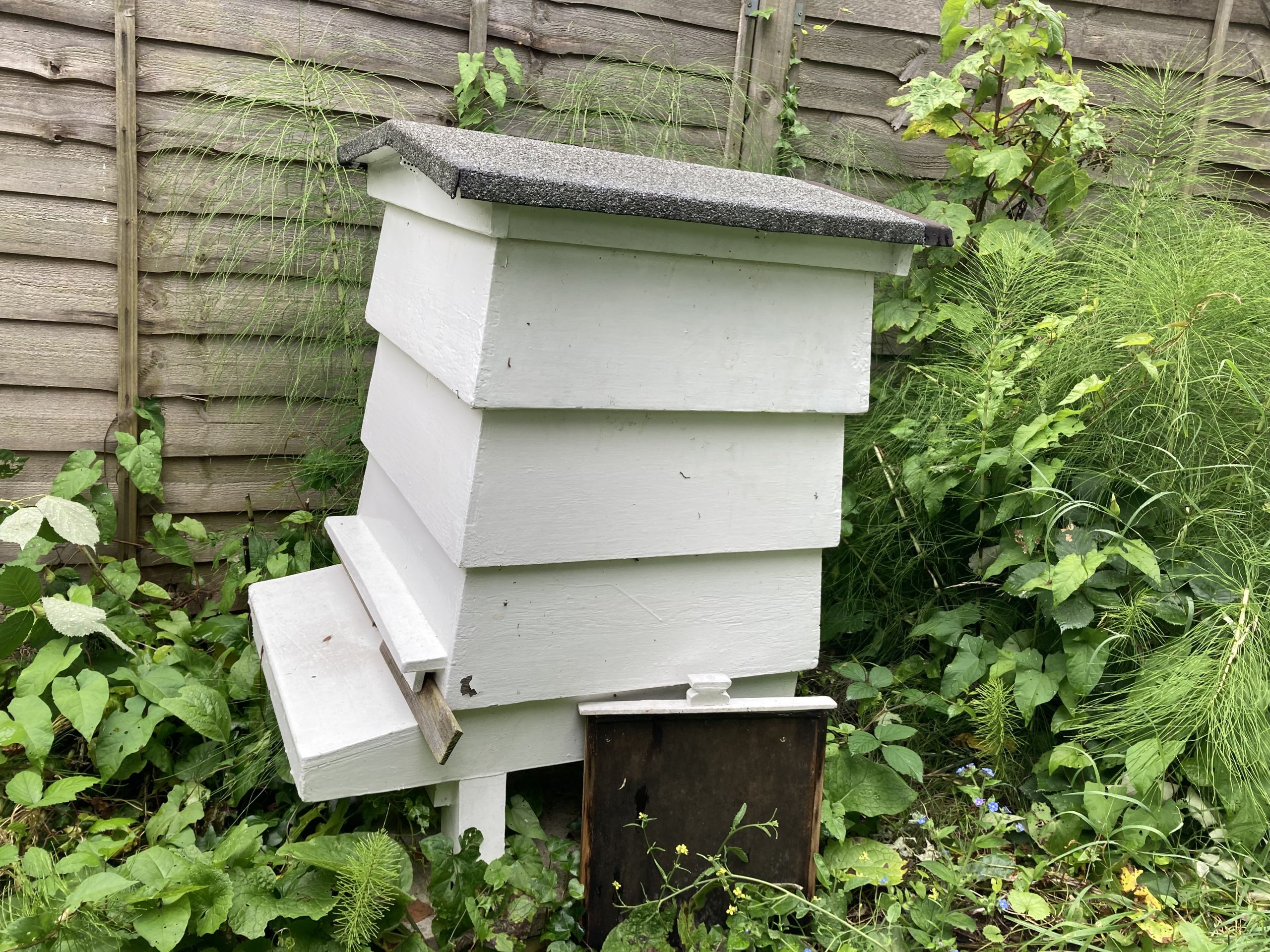
The allotment is home to beehives, where its beekeepers can make their own honey.
The allotment is home to beehives, where its beekeepers can make their own honey.
"Some children don't know that vegetables don't come from a packet. If you lived in the countryside you might have learnt these things, but in London it isn't so natural" - Sarah Donlan, 55, London
When asked about what she thinks the greatest benefits of having an allotment, Sarah said:
"Community spirit, physical and mental well-being, it's vital to the rest of London for the environment and pollution, biodiversity, hugely important for education."
"The local school down the road has come this summer, and will continue to do visits here."
Beyond the personal and societal benefits to having an allotment, Sarah said it's a great place to chat to other people with coffees, and spend quality time with her family.
Below Sarah shares her favourite memories at Southfields Allotments, including with her now 23-year-old daughter Imogen, as she grew up.
Watch below to hear Sarah's tips on using homegrown Nasturtium

